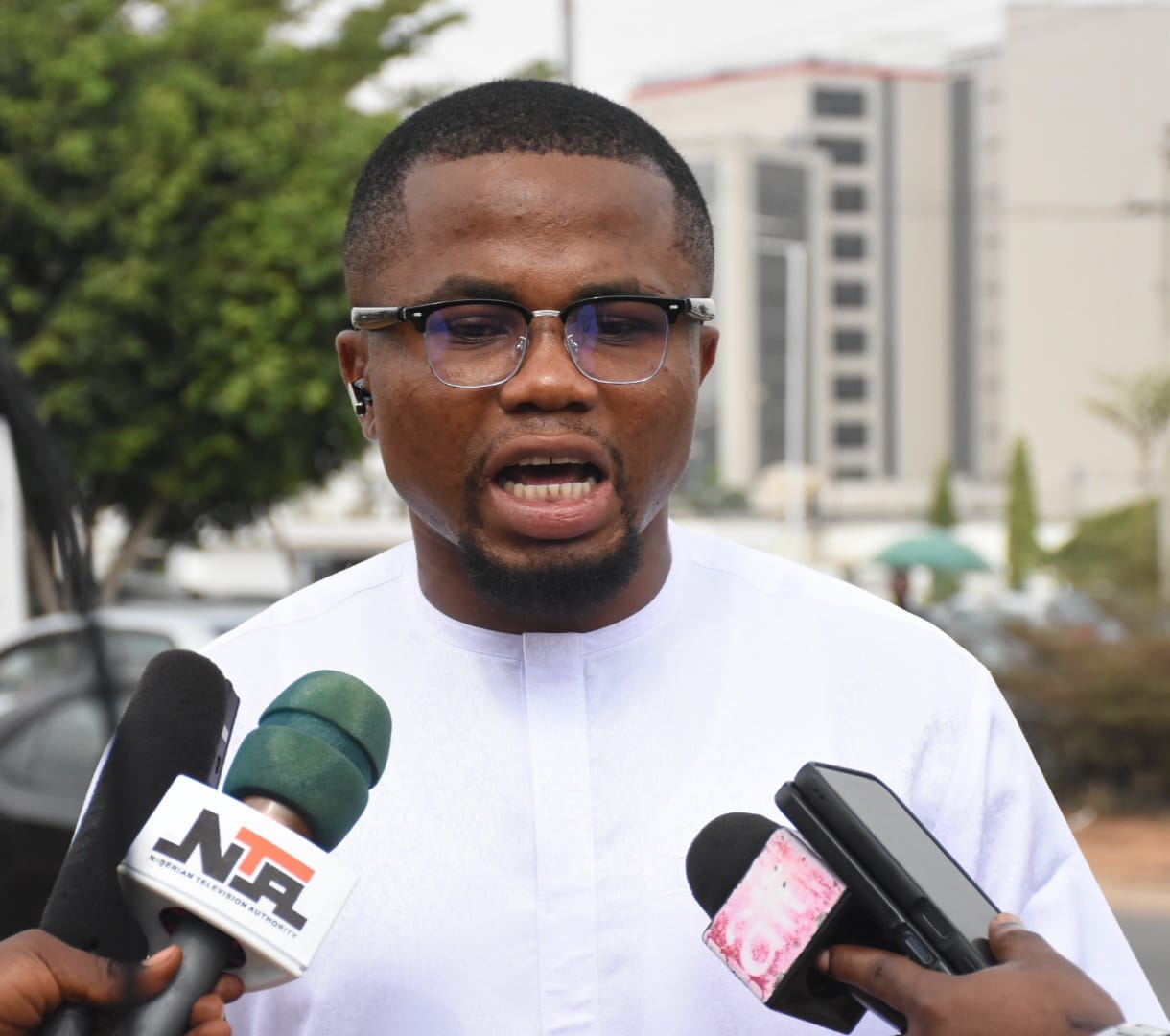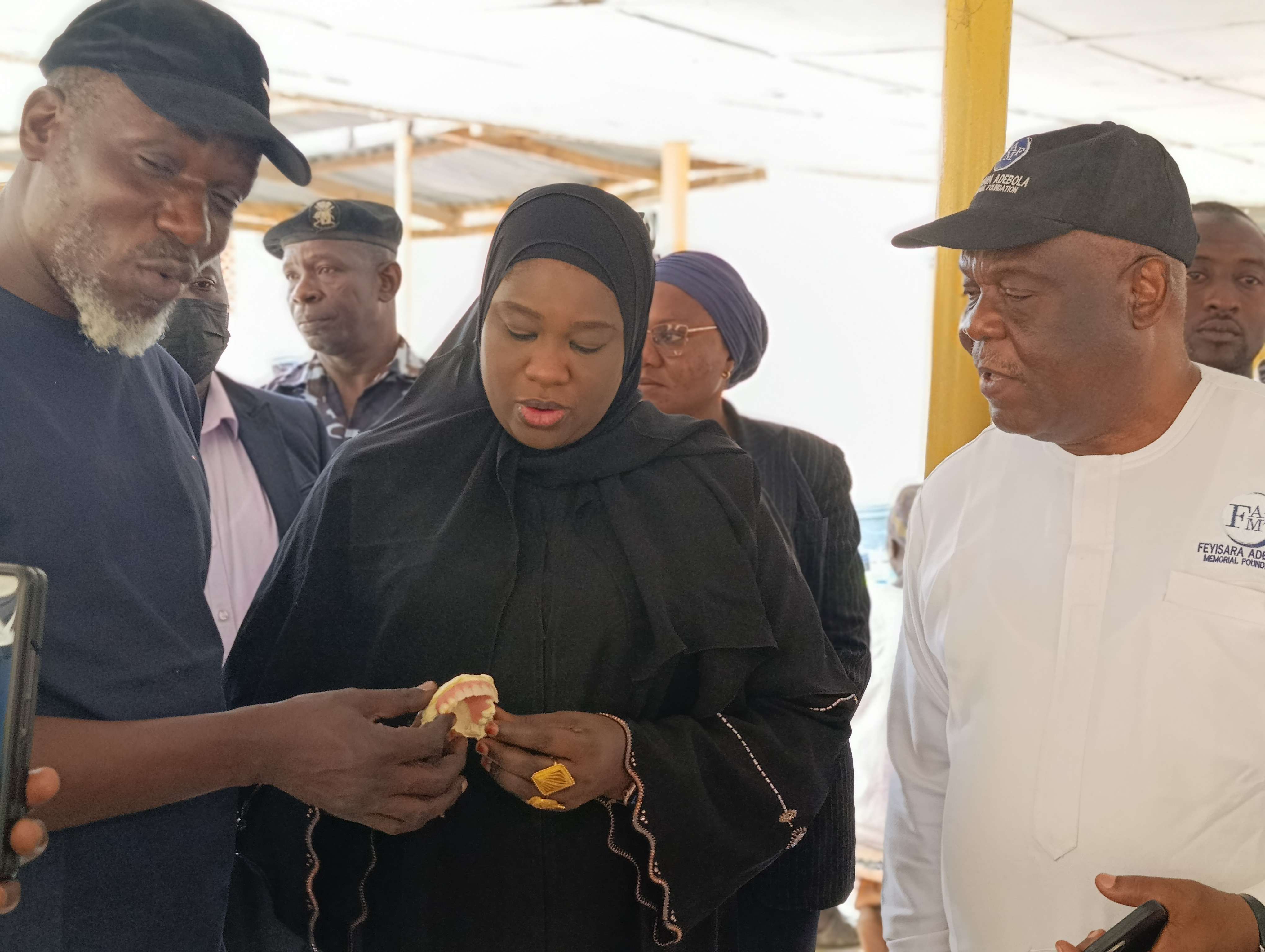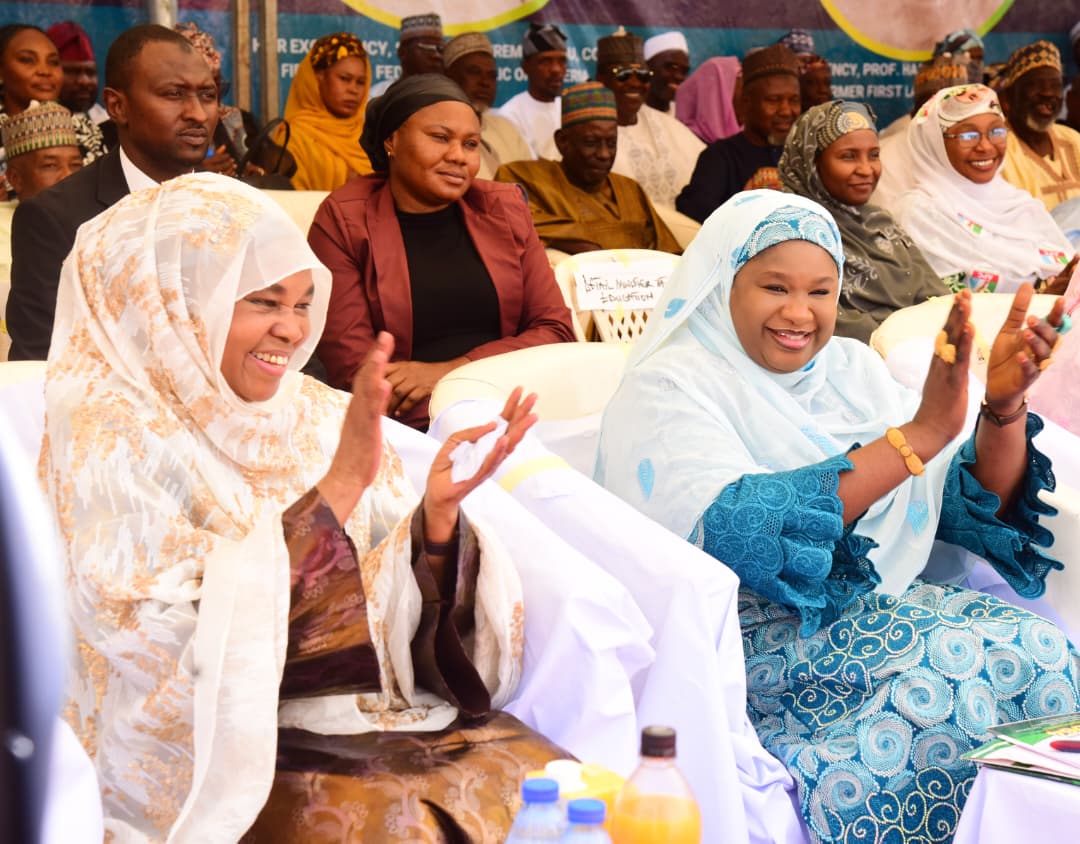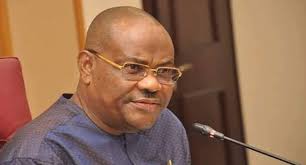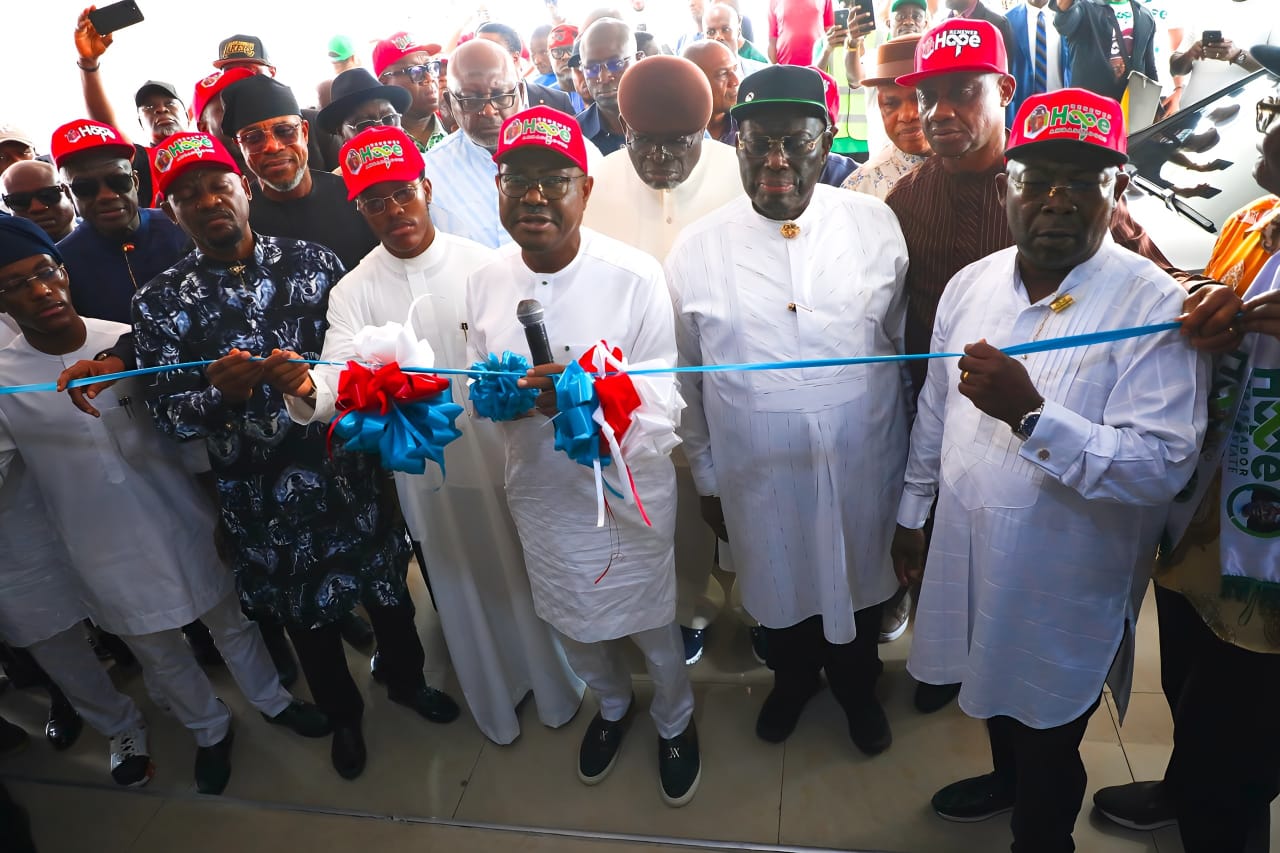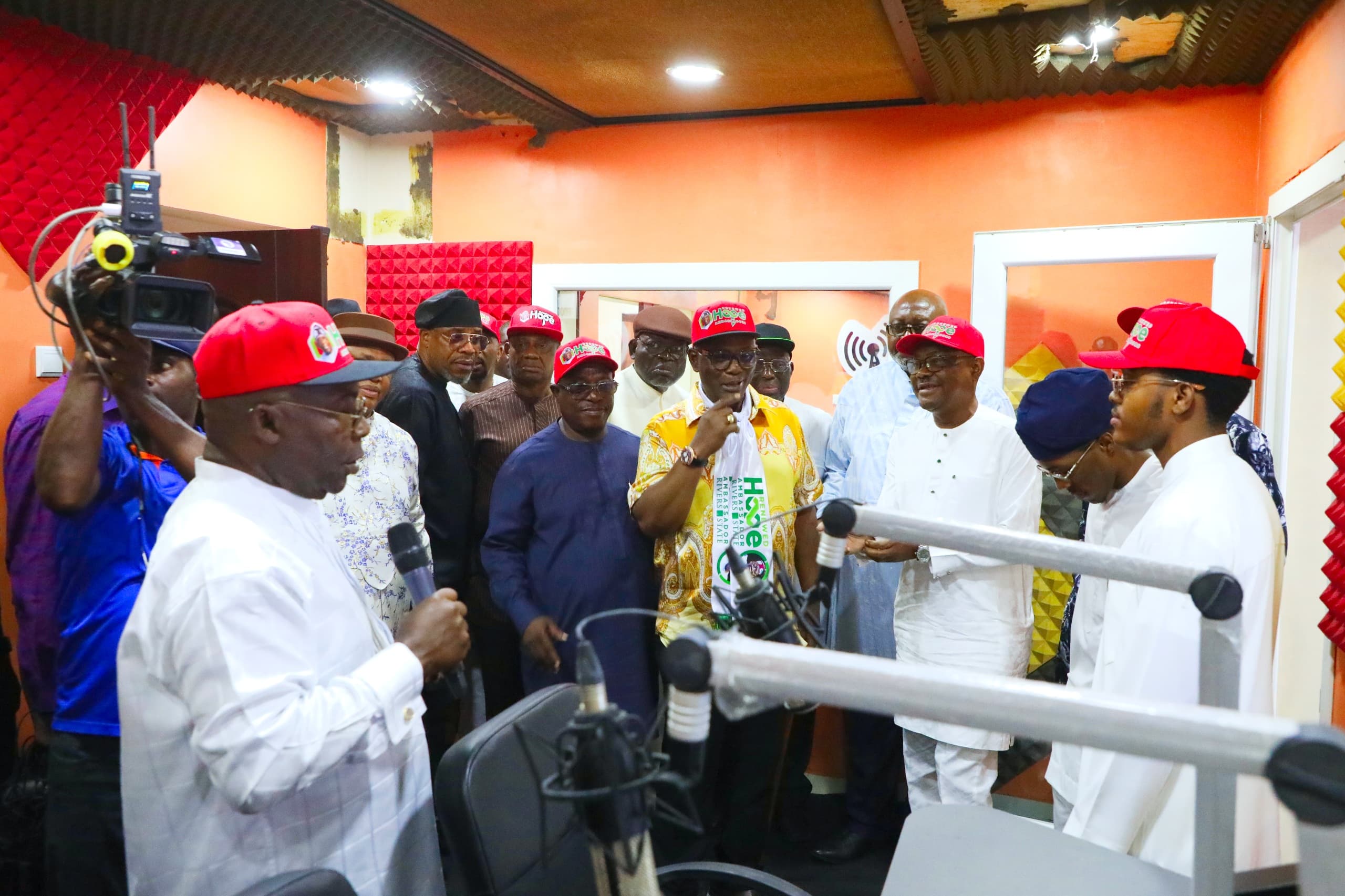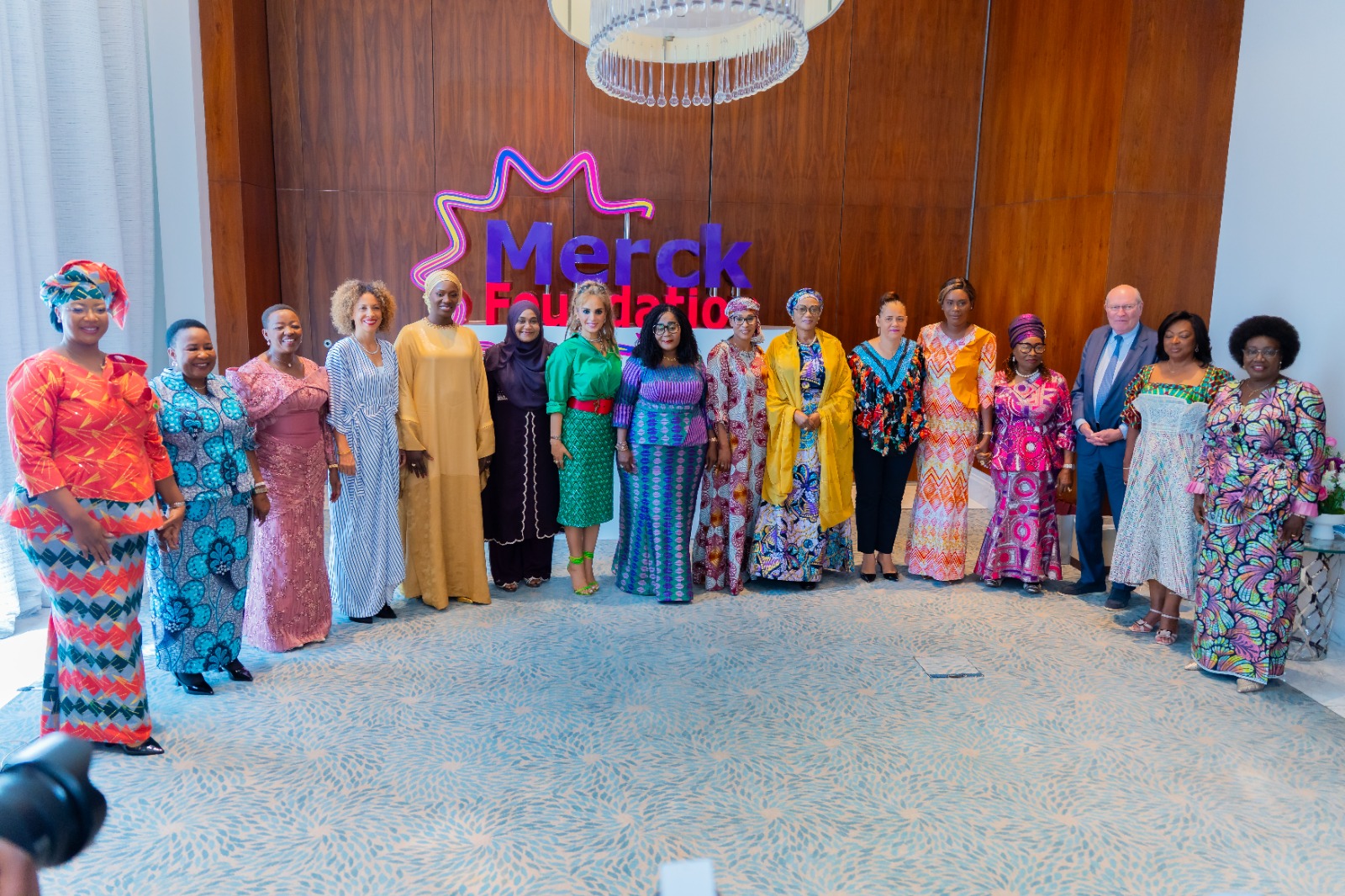Chairman of Zube Sunstar Group of Companies and founder of the Nzube Ikeji Foundation, Henry Nzubechukwu Ikeji, has come out swinging, rubbishing allegations linking him to a $2.5 million romance and investment scam.
Ikeji described the claims as wicked, malicious and a calculated attempt to destroy his name and cripple his business empire.
His reaction followed a February report by the Organised Crime and Corruption Reporting Project (OCCRP), which alleged that he and another Nigerian, Dr. Martins Abhulimhen, posed as a Dubai prince and his financial manager to allegedly swindle a Romanian businesswoman identified simply as Laura.
But Ikeji, in a strongly worded statement issued in Abuja, said the allegations were “100 per cent false,” insisting he has never engaged in fraud, romance scam or impersonation.
“I have never been involved in any criminal activity. These claims are fabricated and aimed at sabotaging my business interests,” he said.
According to OCCRP, Ikeji allegedly contacted the woman on LinkedIn, presenting himself as a member of Dubai’s royal family and a philanthropist interested in humanitarian investments.
The interaction reportedly blossomed into a romantic relationship, during which the woman was persuaded to part with millions of dollars for supposed engagement and investment plans.
The report further claimed that the woman was later directed to London to meet the prince’s alleged financial manager, identified as Abhulimhen, who reportedly used the alias “Dr. Mathew Croos.” Over a period of nearly two years, more than $2.5 million was allegedly transferred, with parts of the funds traced to accounts in the UK and Nigeria.
OCCRP also pointed to the public visibility of the two men, noting their appearances at high-profile events alongside senior Nigerian officials and business figures, which it said lent credibility to the alleged scheme.
However, Ikeji dismissed the claims as a grand plot.
He maintained that his relationship with Abhulimhen was purely professional and tied to a legitimate licensing project involving the Federal Ministry of Environment. He alleged that trouble started after Abhulimhen attempted to edge him out of the project.
“When that failed, the blackmail and false accusations began,” Ikeji alleged, describing the saga as a desperate move to hijack the venture.
He also denied ever travelling to Dubai, insisting his international travel records are verifiable. Ikeji further stated that he does not know any Romanian woman and has no connection whatsoever to the central claims of the investigation.
Beyond the fraud allegations, Ikeji claimed that he and his family have been subjected to threats and harassment since the story broke. He said the incidents have been documented and are now before his lawyers.
The businessman disclosed that his legal team has been instructed to file defamation suits against those behind what he called a smear campaign, as well as media platforms that published the allegations. Petitions, he added, would also be sent to security agencies over alleged cyberstalking and threats.
Maintaining that he remains a law-abiding citizen with no criminal conviction, Ikeji insisted that any funds linked to him were tied to legitimate business or charitable activities.
While OCCRP said its investigation relied on financial records, digital communications and law enforcement sources across several countries, Ikeji argued that the matter should be settled in court not in the media.
As investigations continue, neither Ikeji nor Abhulimhen has been convicted over the allegations.

